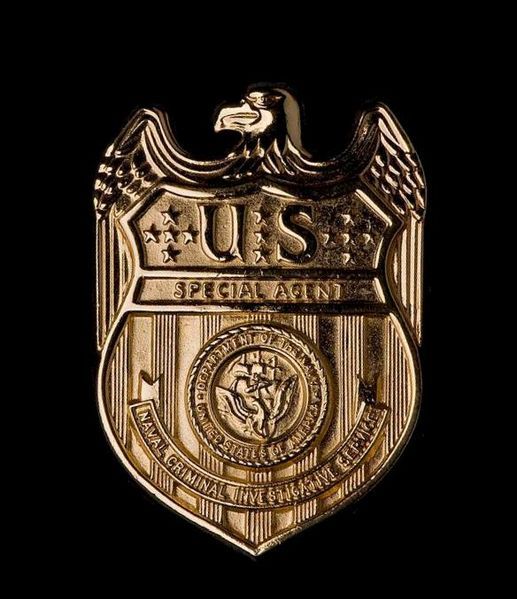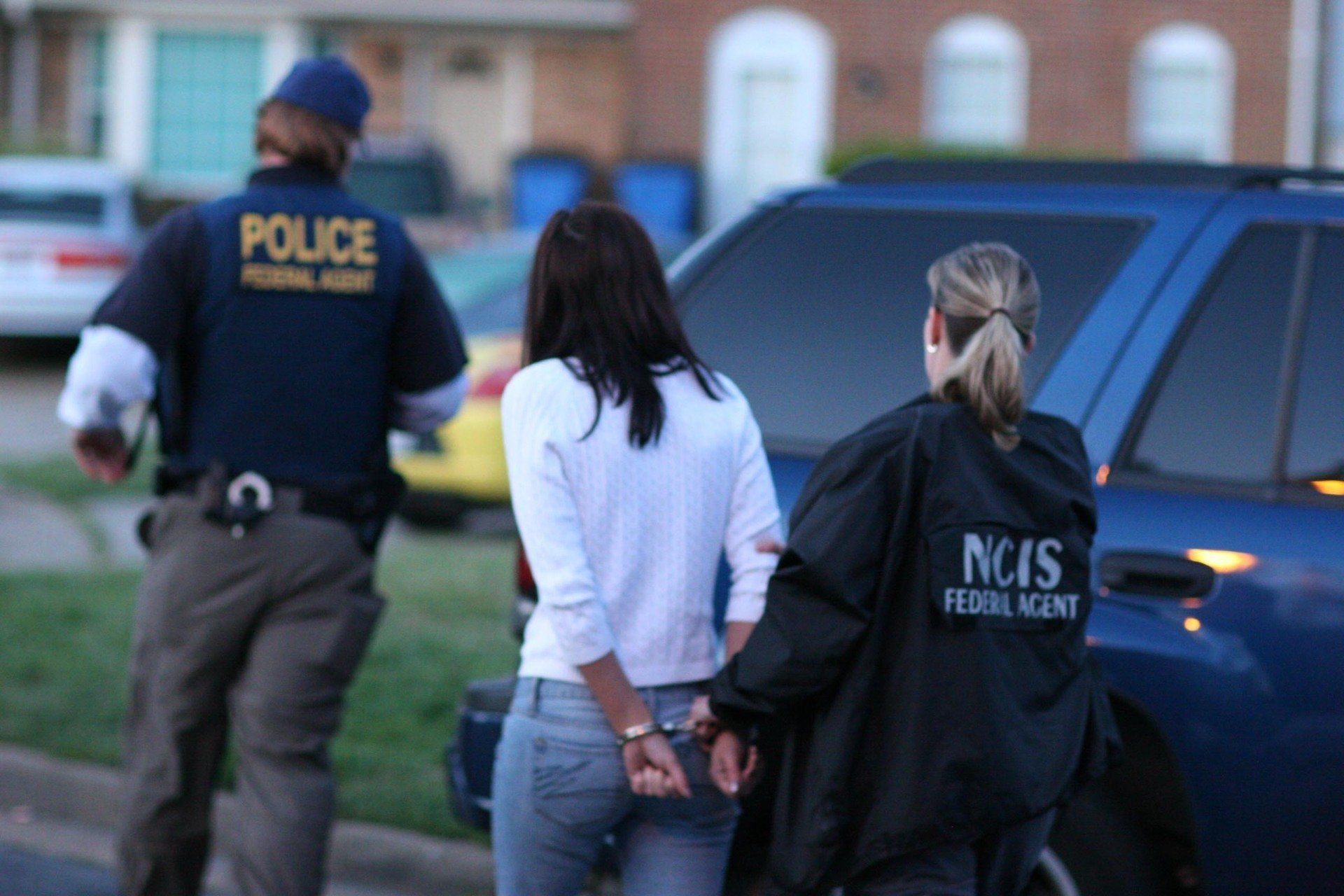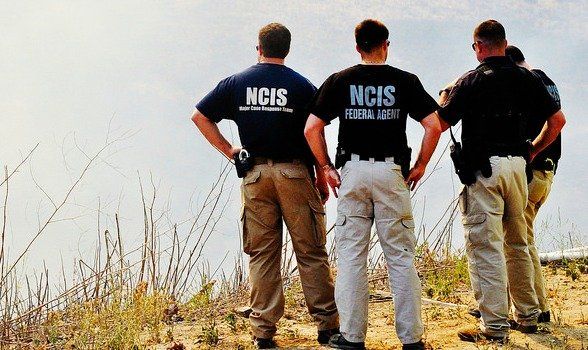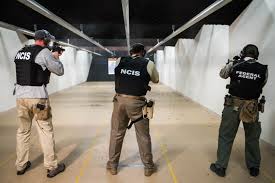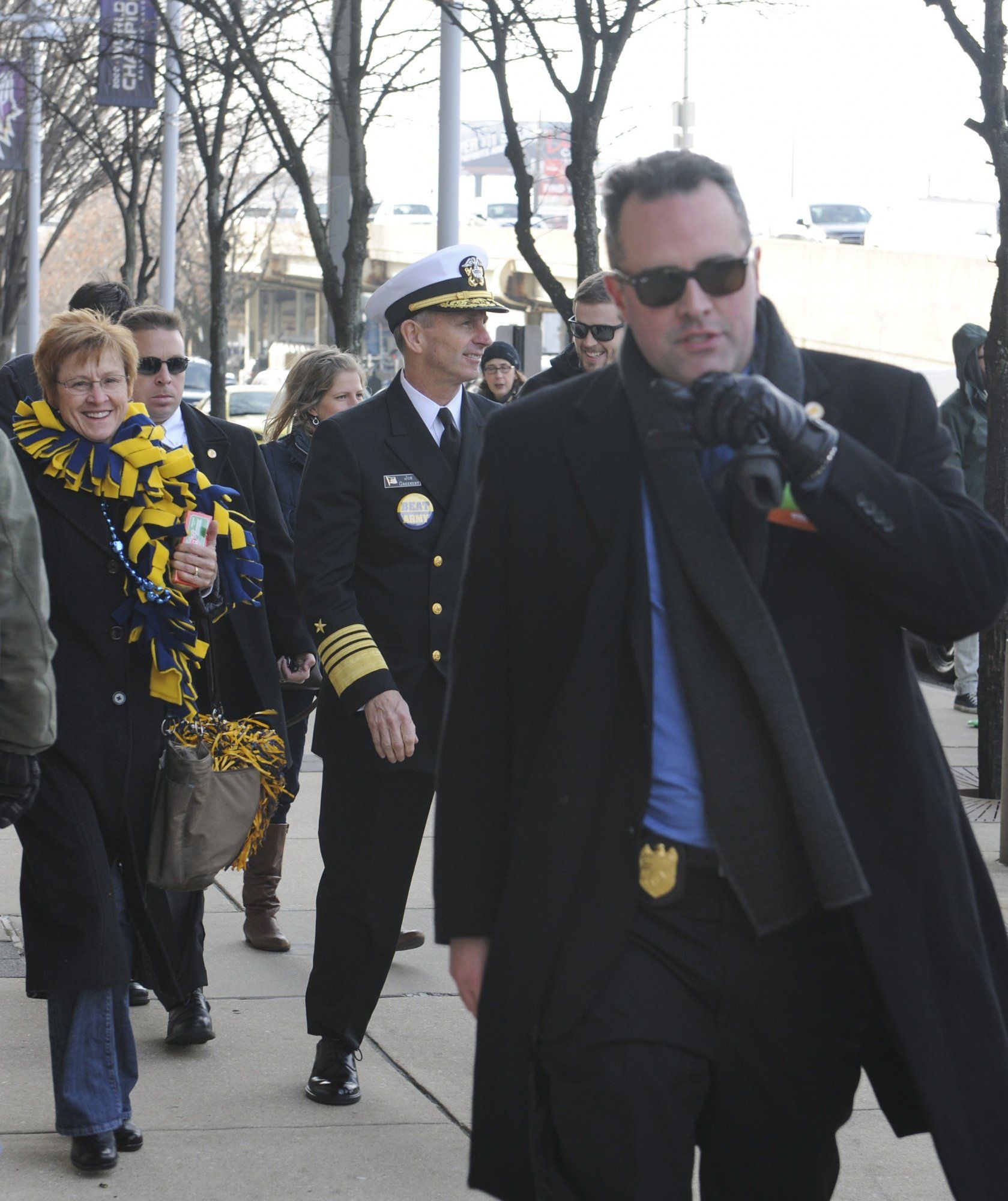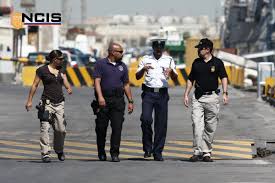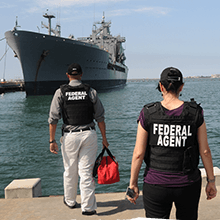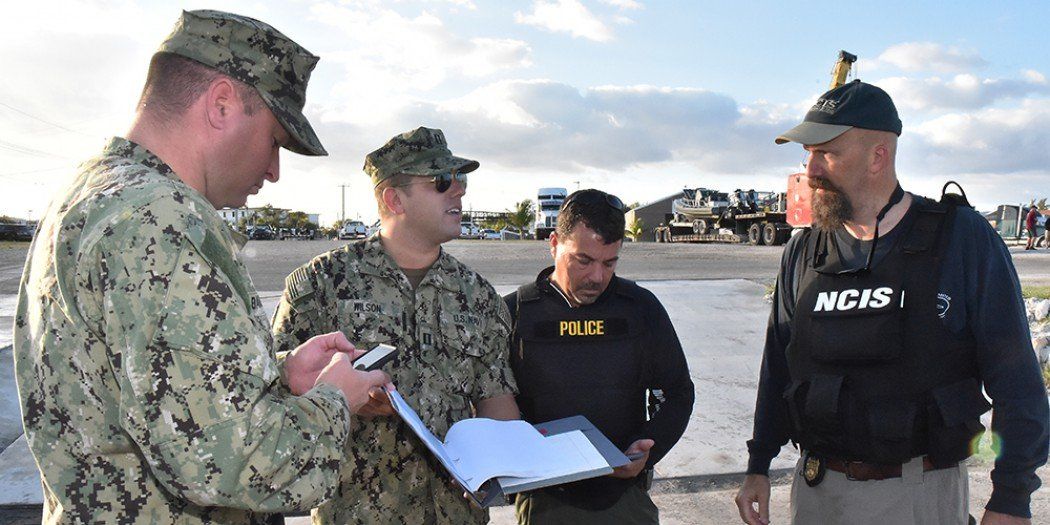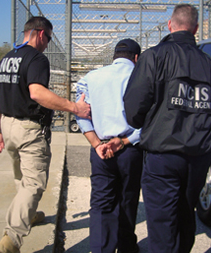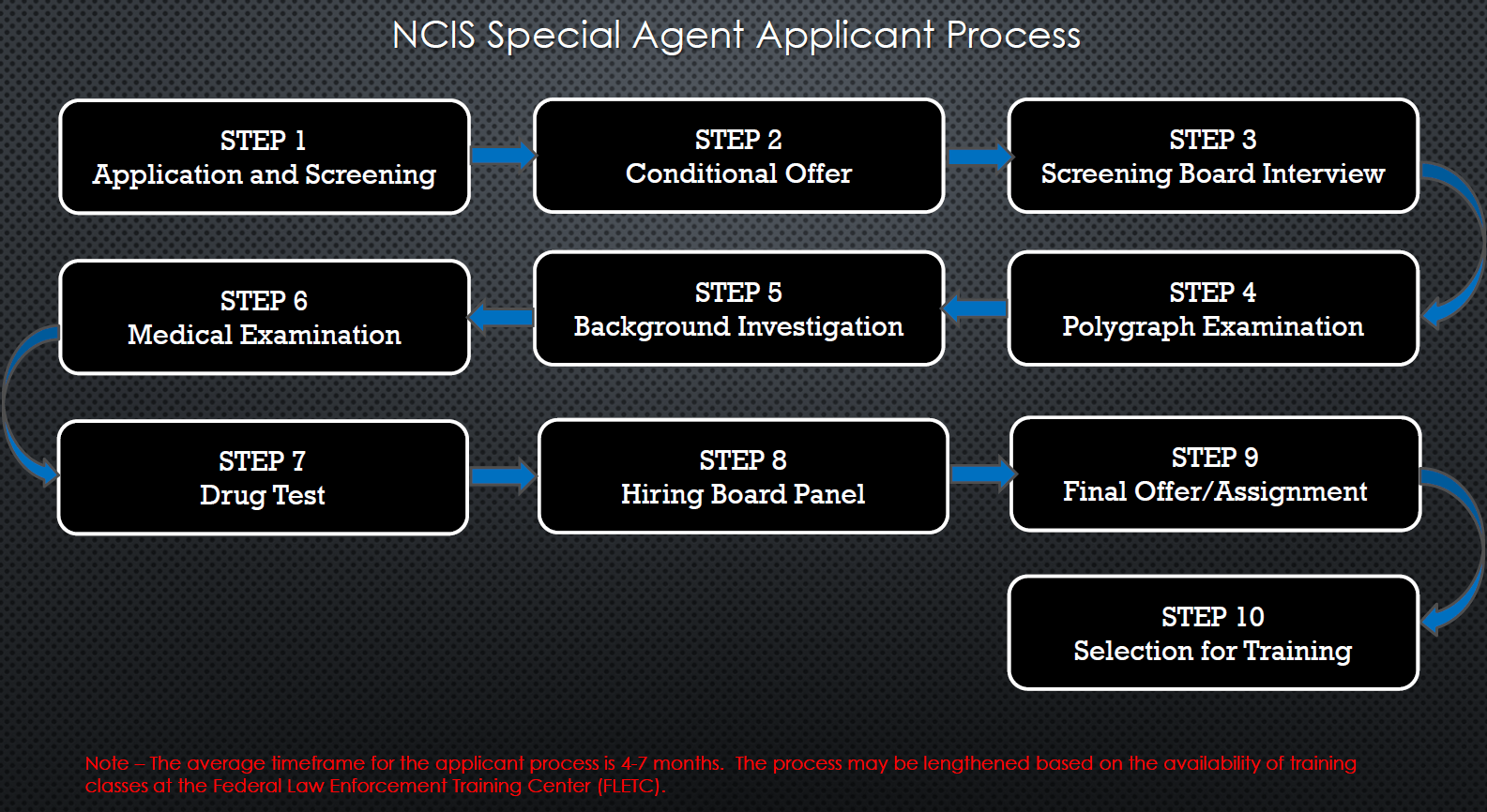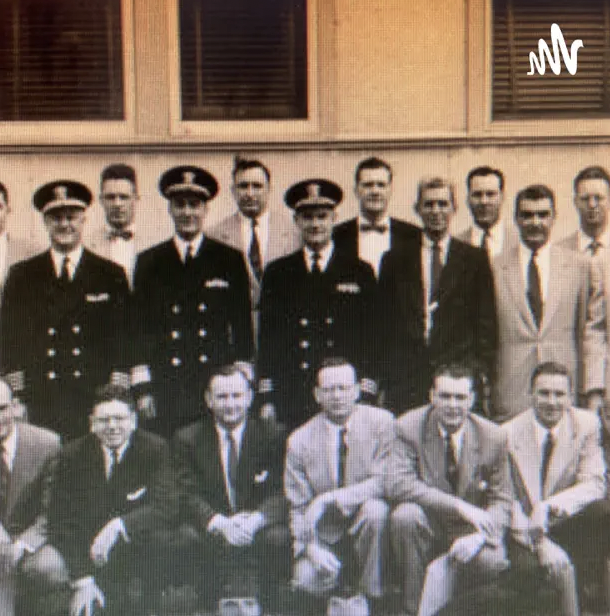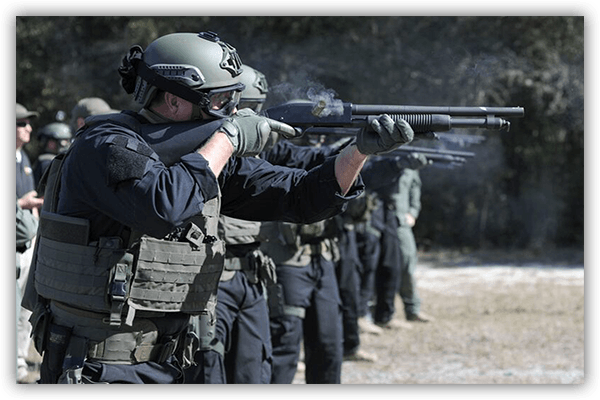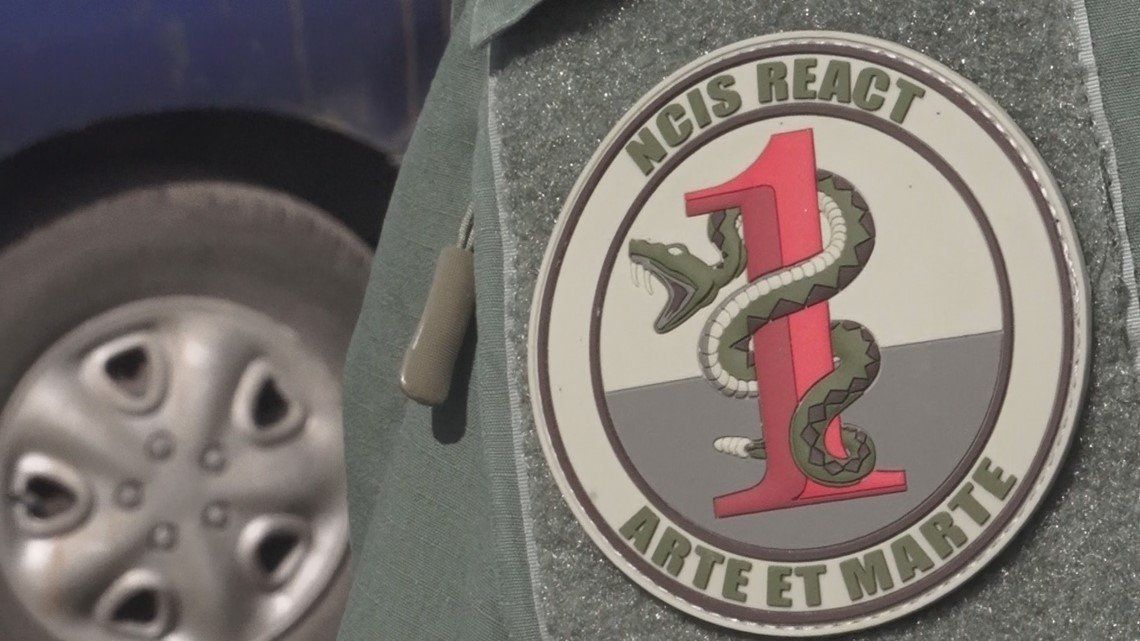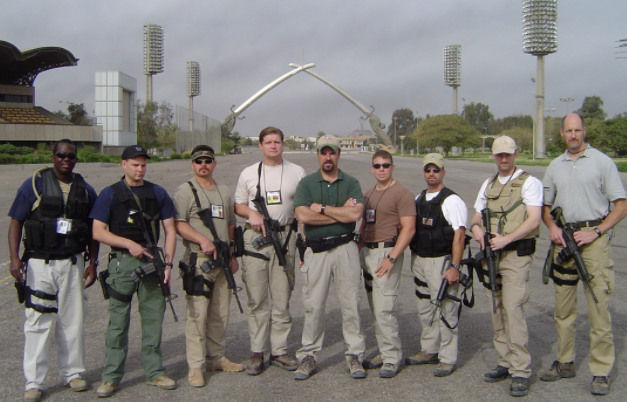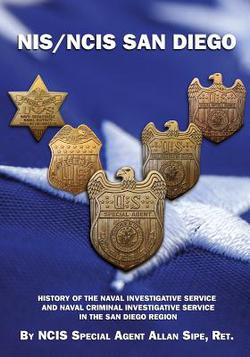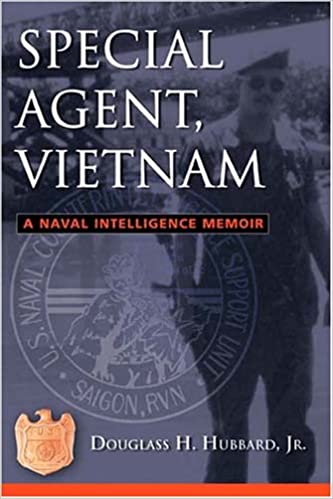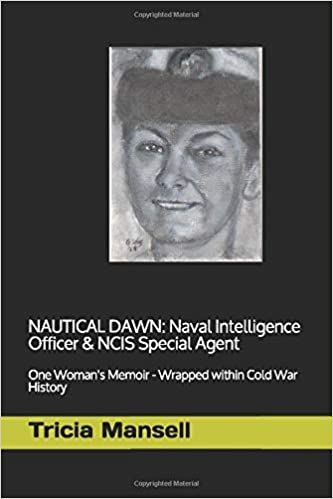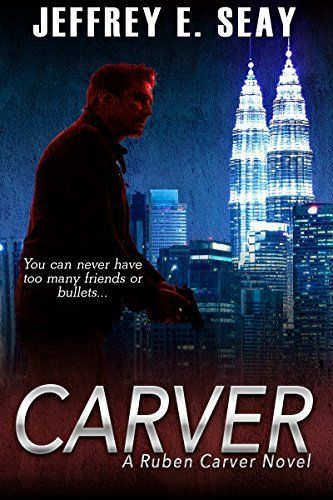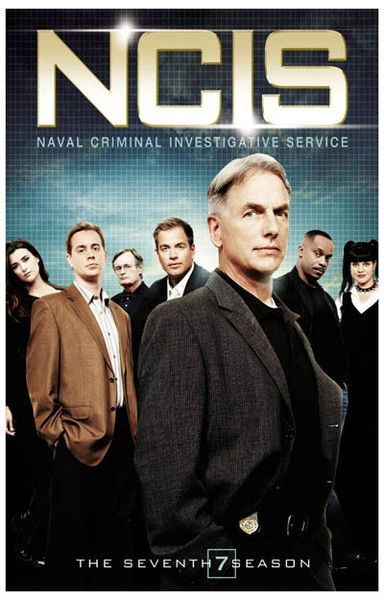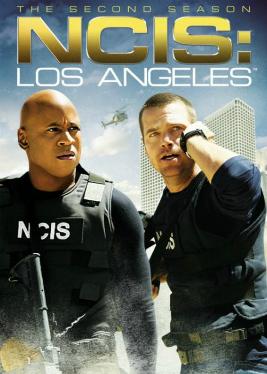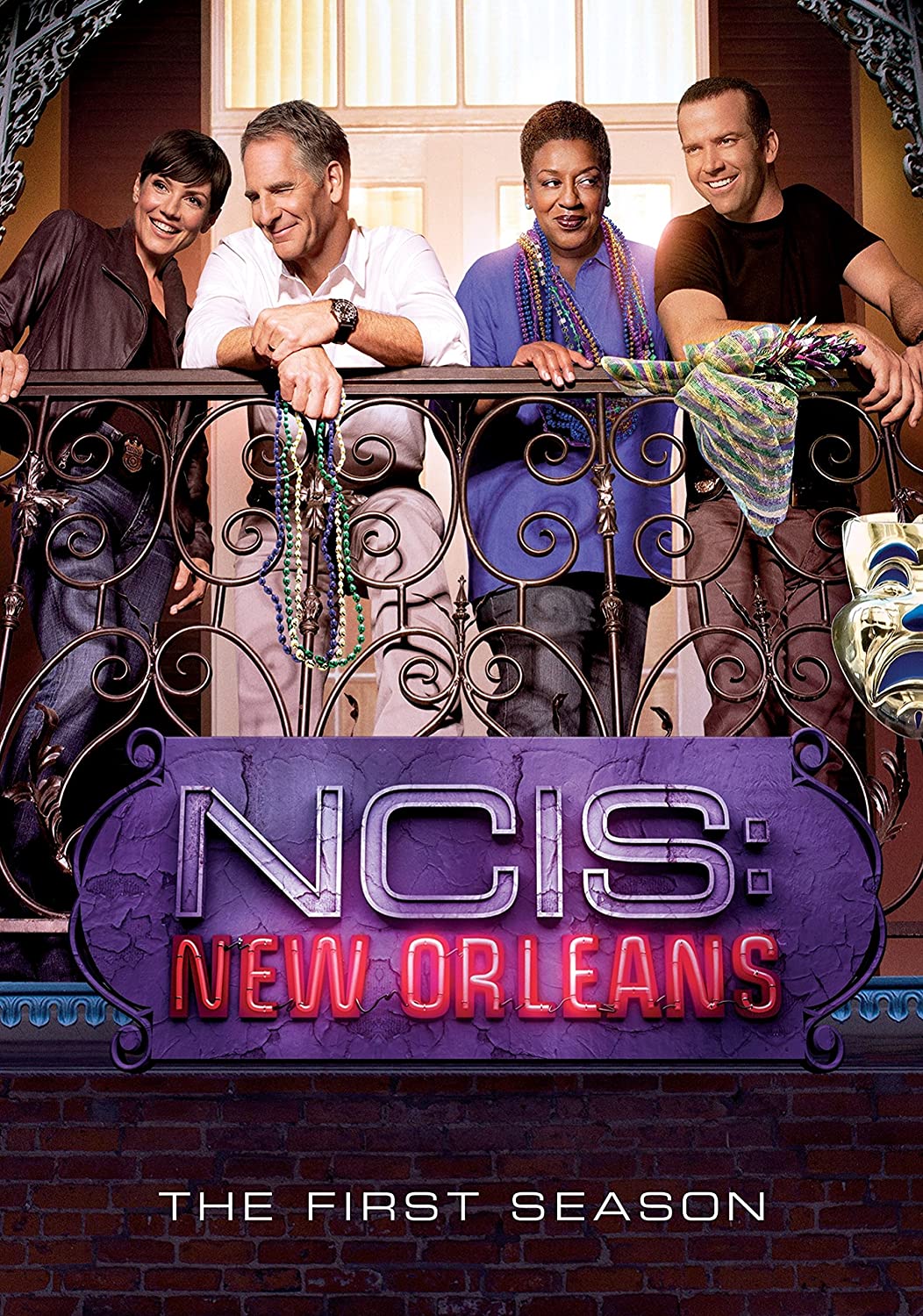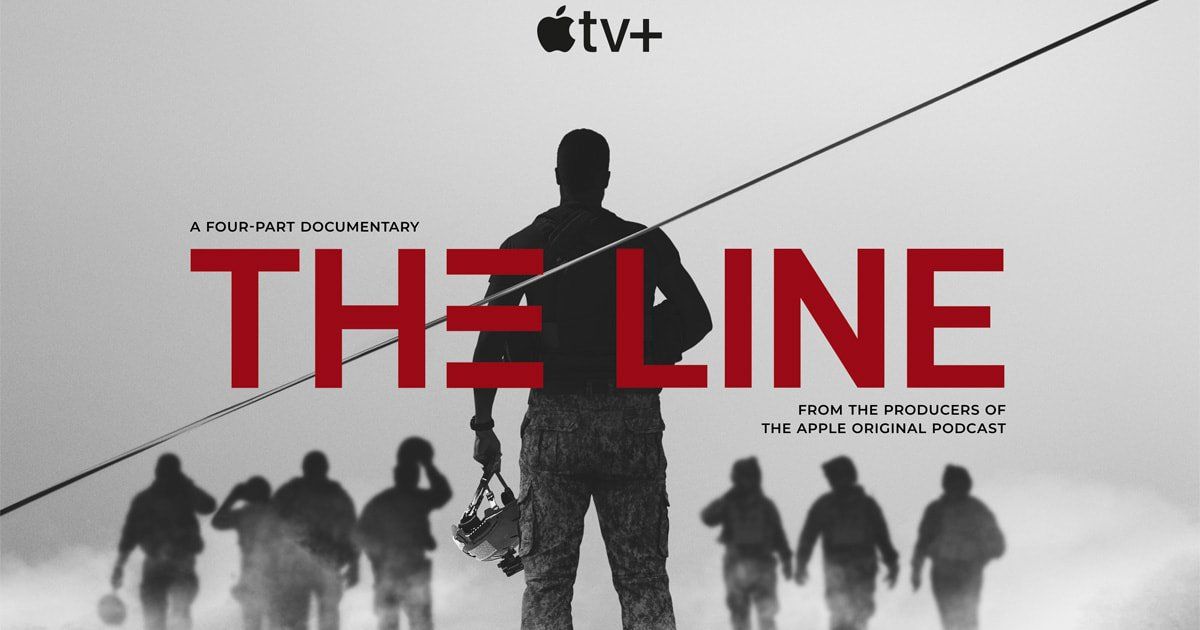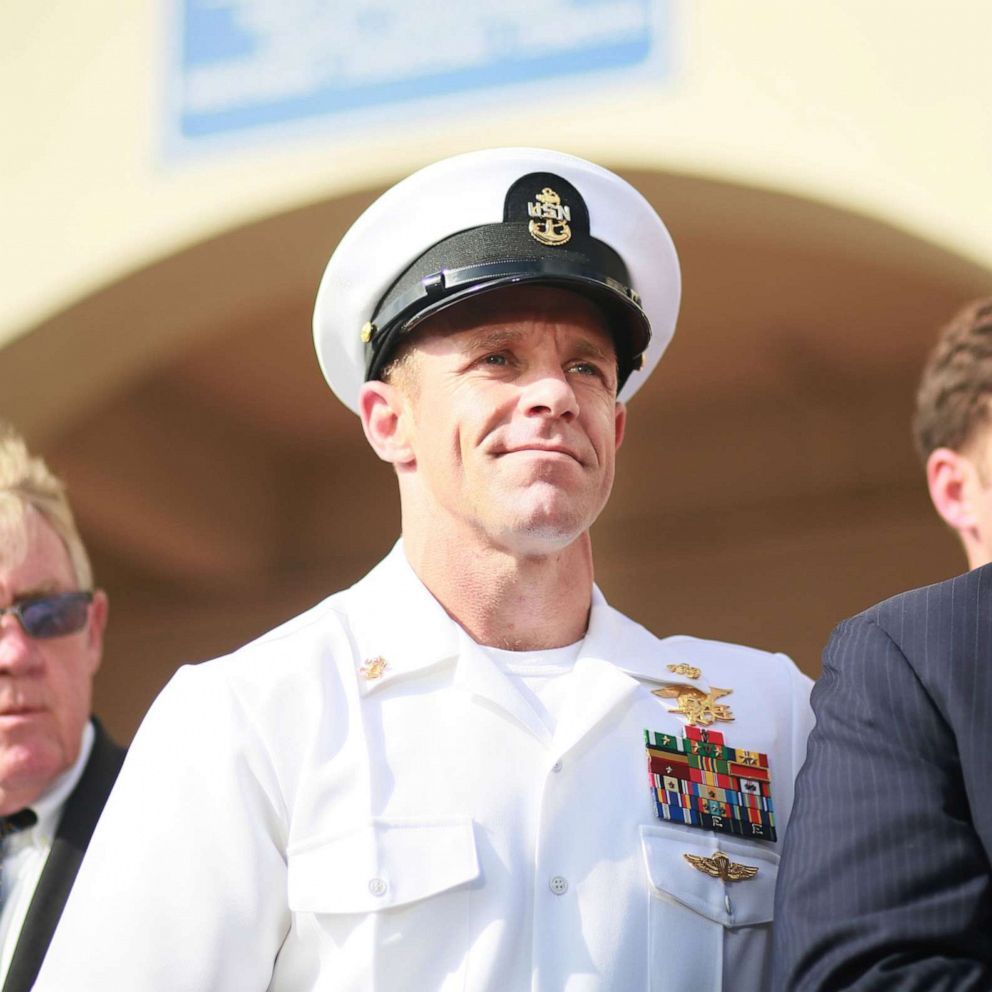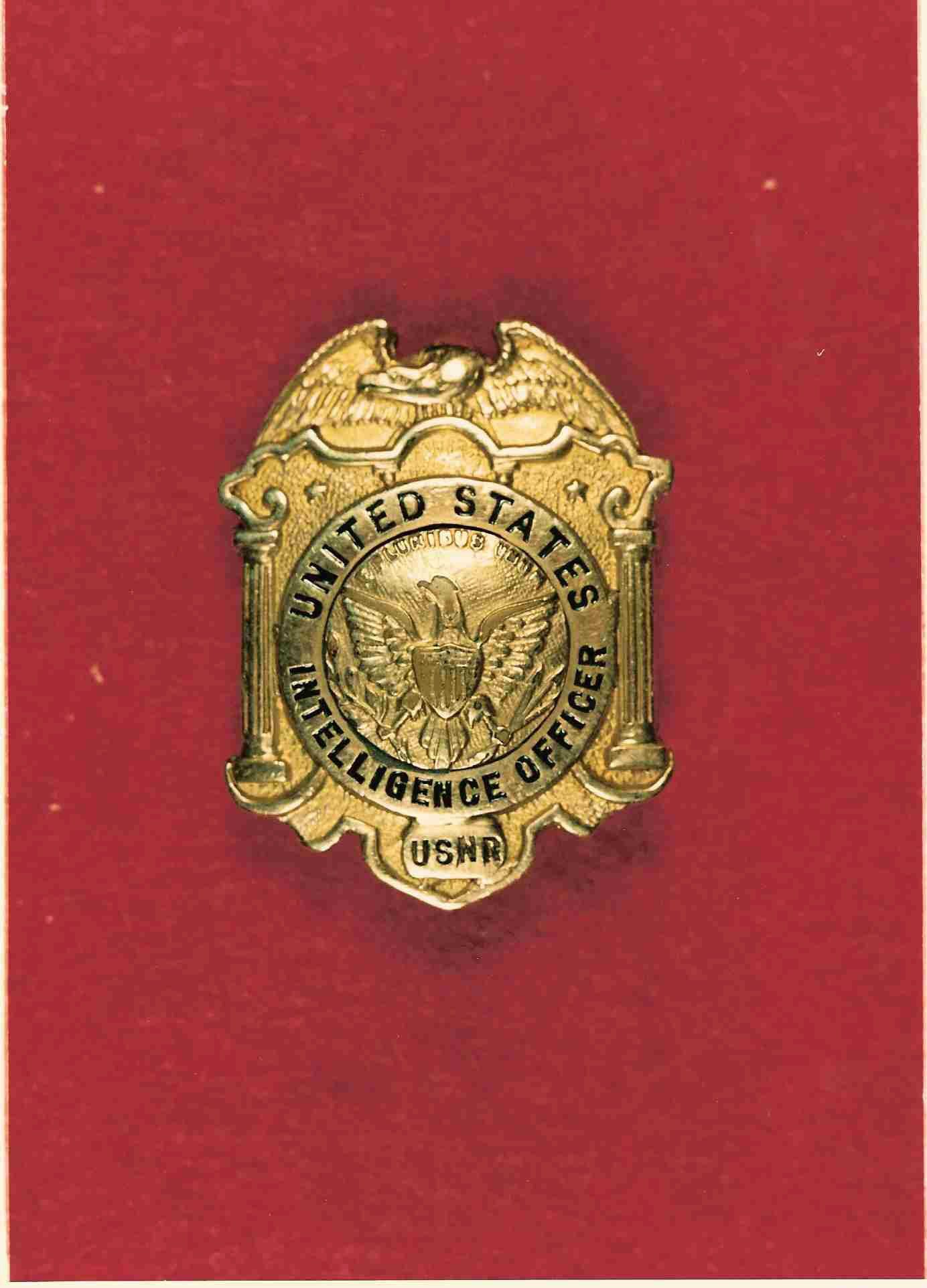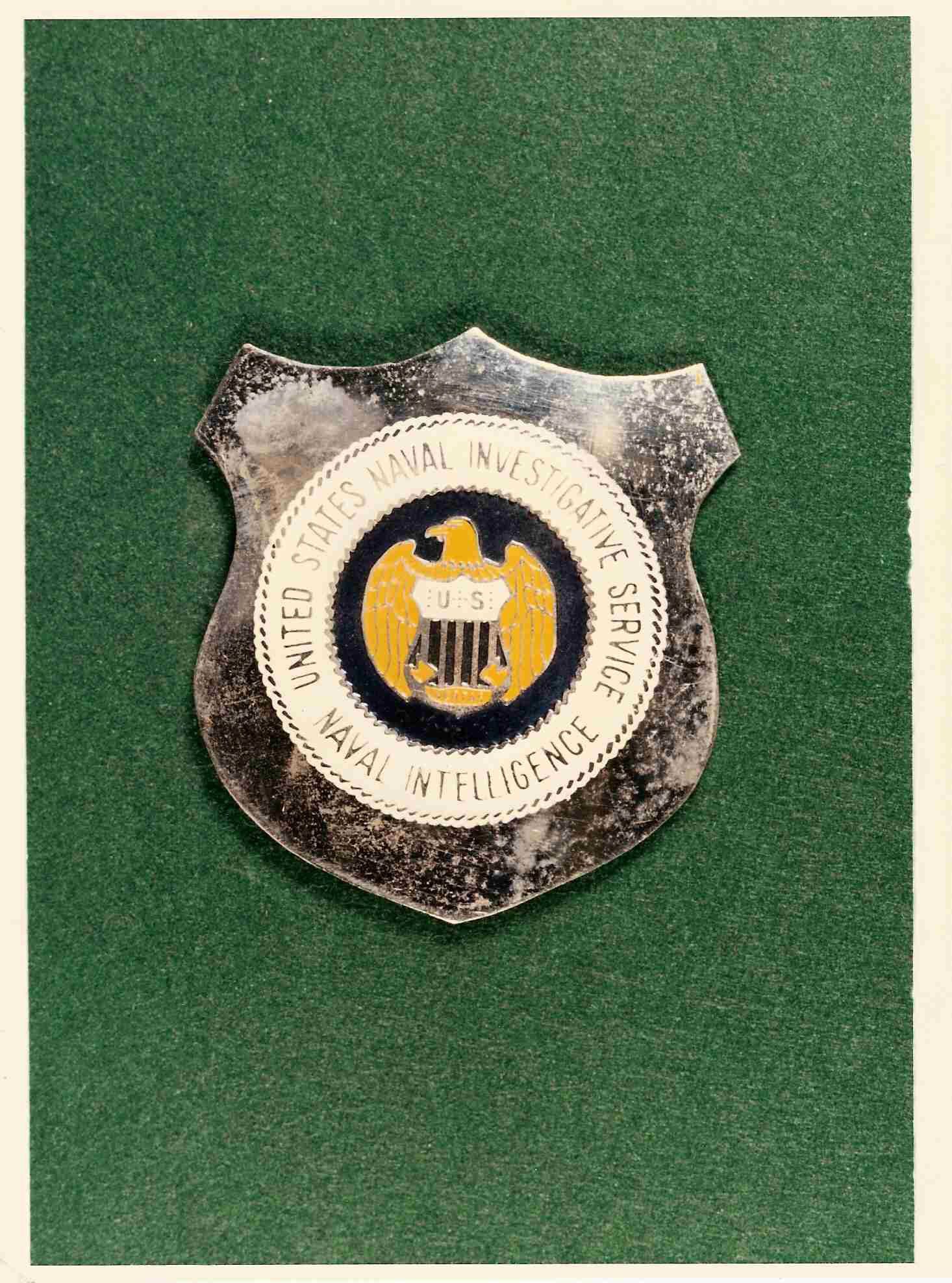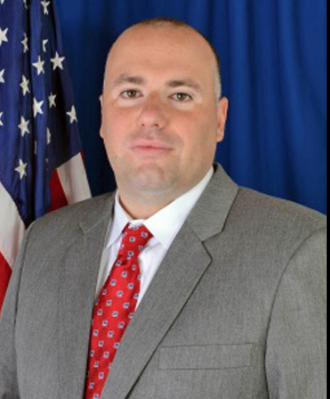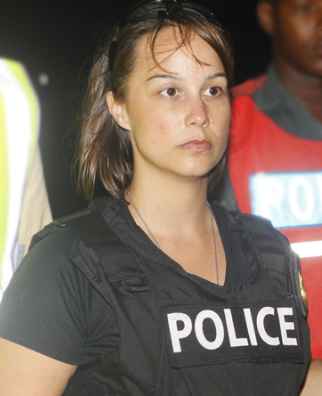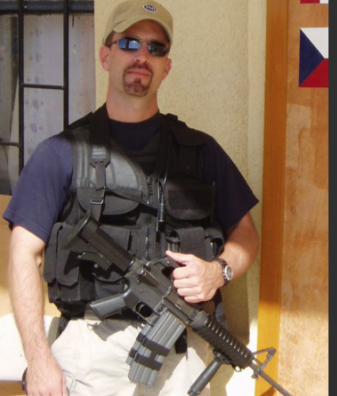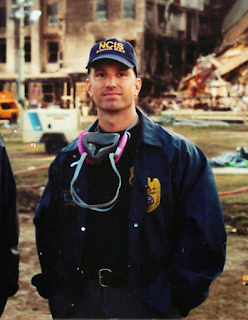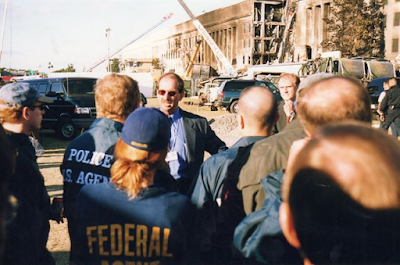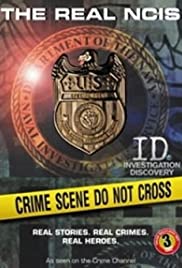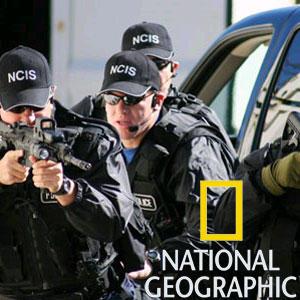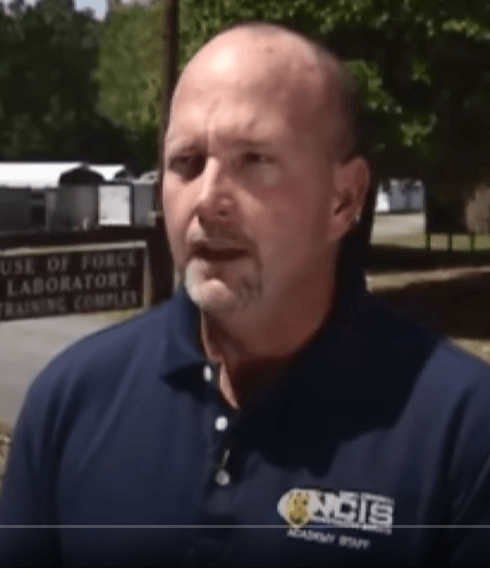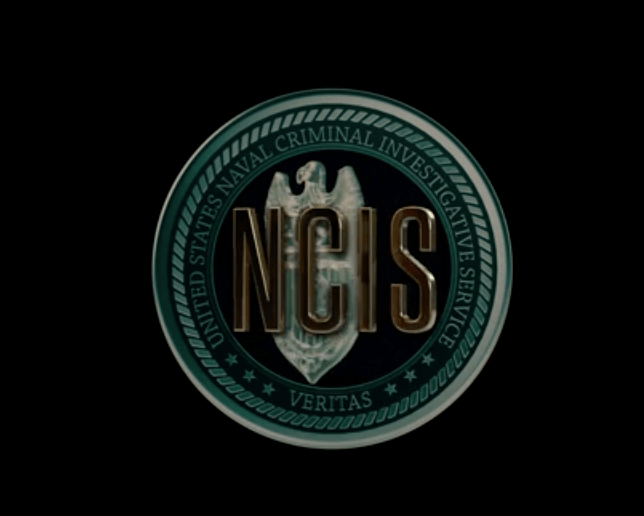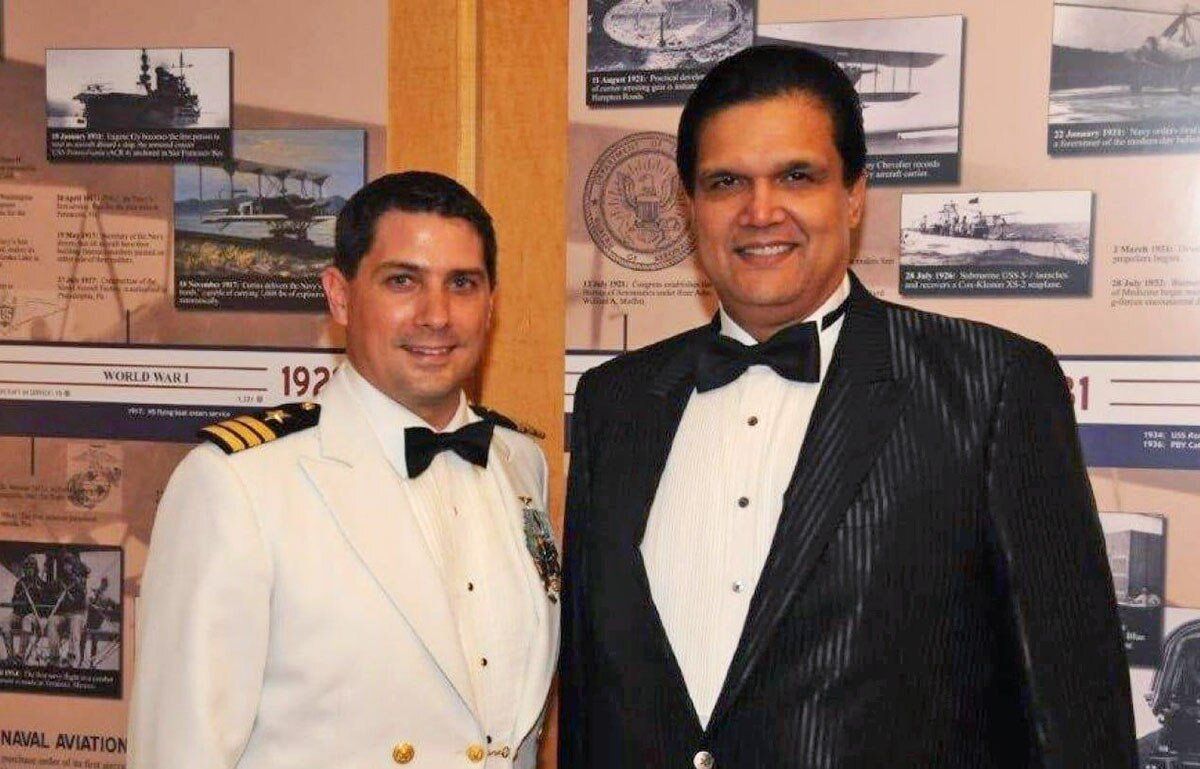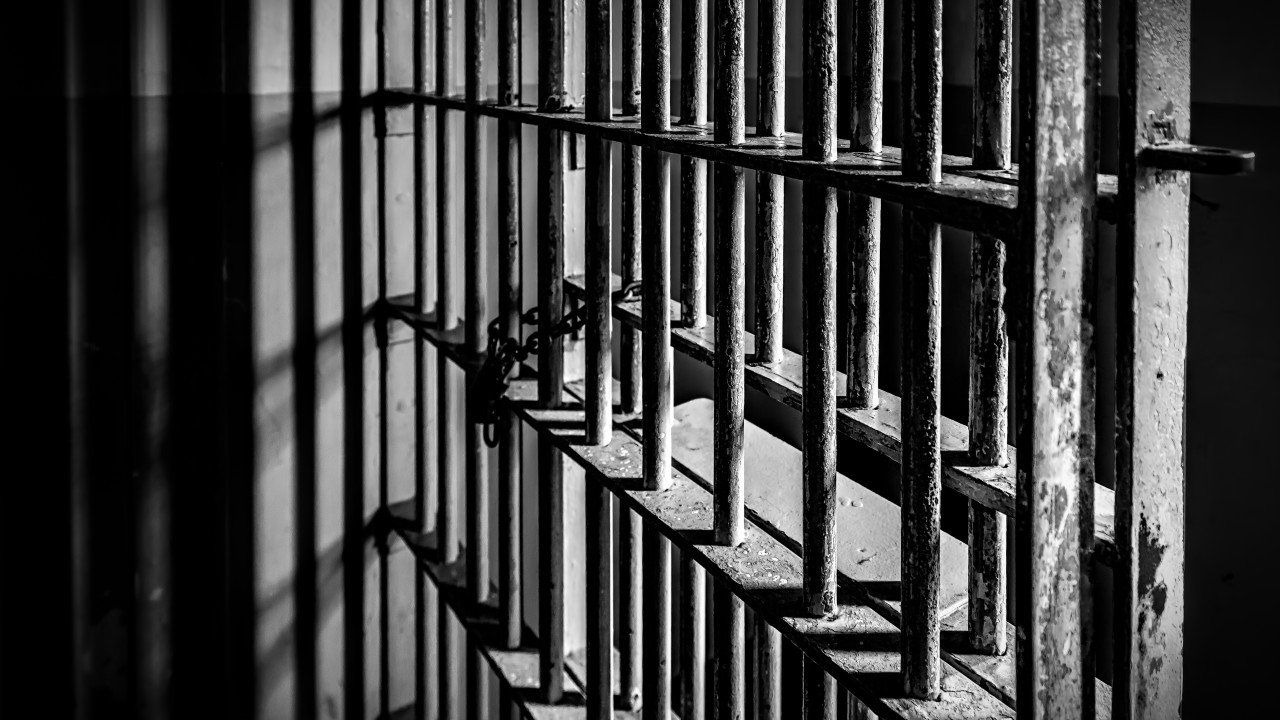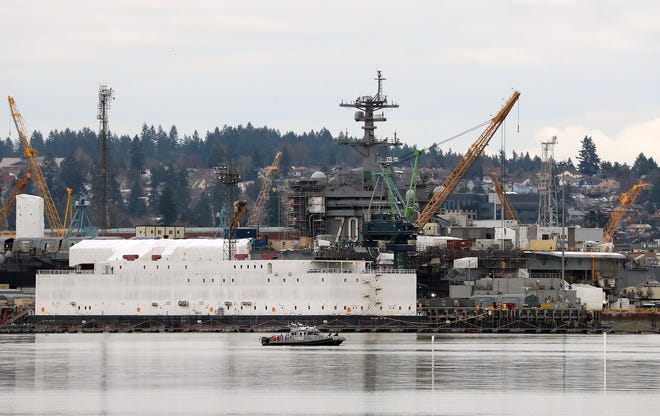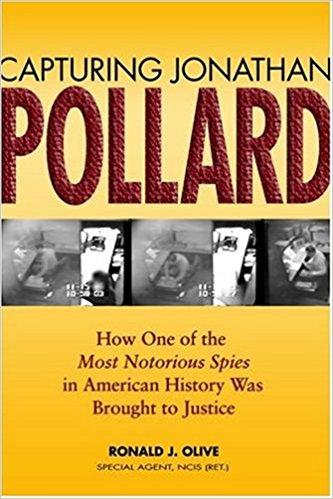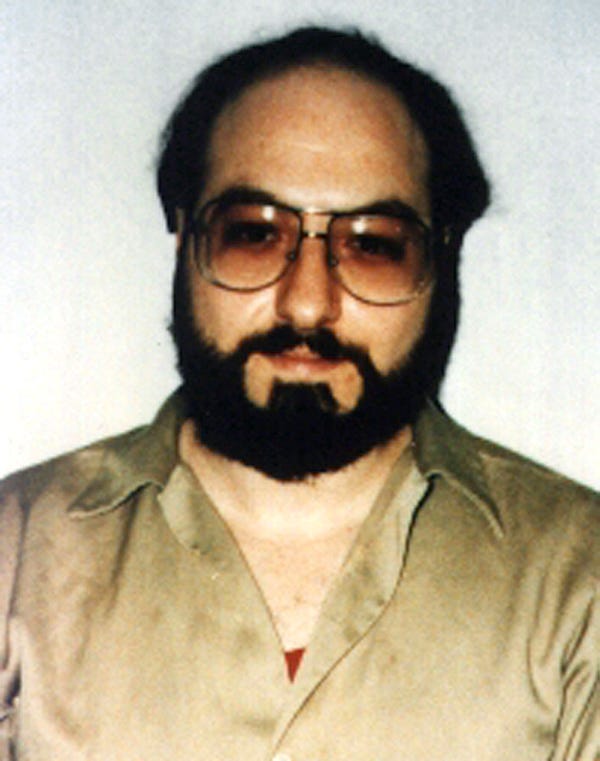About NCIS
The Naval Criminal Investigative Service (NCIS) is the federal law enforcement arm of the Dept. of the Navy. Comprised primarily of civilian 1811 special agents and a small cadre of active duty Marine Corps active duty investigators. With 14+ field offices and over 140 locations, NCIS special agents are stationed worldwide in support of military operations.
With historical roots tied to the Office of Naval Intelligence, the modern NCIS was formally established in 1966 as the Naval Investigative Service (NIS). It was re-organized and assigned a civilian director in 1992, along with a name change to the now Naval Criminal Investigative Service (NCIS). With this re-name, NCIS also became a primarily civilian agency as an insulation against military command influence.
NCIS Overview
As made clear by the 2019 Annual Crime Report, the NCIS investigative mission primarily deals with crimes narcotics violations, crimes involving persons (homicide & death, sexual assault, child sexual abuse) and major procurement fraud related cases. NCIS also has a robust & well known role in counter-intelligence, protective service & force protection operations.
Straight Talk NCIS
Although they have a big presence on the tv screen, NCIS is a relatively small agency compared to the major players (i.e. DEA, ATF, HSI, FBI). Being a civilian agency within a military organization offers autonomy but many special agents often grumble about the low priority given to their funding needs. NCIS is truly a global organization, with personnel assigned to naval units all over the world. Their force protection and counterintelligence responsibilities are well respected and they match OSI in their investigative thoroughness. Expect deployments, crime scenes and intelligence collection to be a big part of life at NCIS.
BASIC NCIS Requirements & Qualifications
You may be eligible to apply to become a NCIS Special Agent if you:
- Are an U.S. Citizen less than 37 years of age at the time of appointment (exception for preference eligible veterans).
- Must have vision correctable to 20/20 with normal color vision.
- Must have a valid driver's license.
- Must pass a polygraph examination
- Must pass a background check.
- Must be able to maintain a Top Secret Clearance
- An accredited baccalaureate degree is not a requirement, although it is a quality-ranking factor.
- Are willing to relocate.
NCIS Internship Program
The NCIS Honors Internship Program is a dedicated hands-on experience designed to provide educationally related work assignments for undergraduate and graduate college students who have a minimum 3.0 GPA in a non-pay status.
NCIS Recruitment
NCIS has provided their own Federal Resume Sample & Federal Resume Guide for Special Agent Applicants. All applicants would be wise to review & follow. Since NCIS is so small & their TV show has attracted so many applicants; the SA position is extremely competitive.
The NCIS applicant process is well outlined on their official site: Read More on NCIS Site
NCIS Academy Training
In-Residence
New NCIS Special Agents are required to successfully complete the Criminal Investigator's Training Program (CITP) and follow-on NCIS Special Agent Basic Training Program (SABTP) in Brunswick, Georgia. Selections for training attendance at the Federal Law Enforcement Training Center (FLETC) are based on class availability. As training seats become available, NCIS will notify the applicant of their training class report date. The applicant will report to their assigned duty station for a two week indoctrination period prior to the Academy.
NCIS - Reports from the Field
The legends of Office of Naval Intelligence (ONI), Naval Investigative Service (NIS) and today’s NCIS talk about their careers and the cases that impacted their lives and haunt their memories. The investigation of the USS Cole bombing is well worth the listen.
REACT Team
The Regional Enforcement Action Capabilities Team (REACT) supports investigations and "high-risk" enforcement operations within the United States. REACT was designed to respond to high-risk operations that involve the service of arrest and search warrants, undercover agent and source protection/rescue, buy/bust and undercover operations, rural operations, high-risk surveillance and high-risk protective assignments, etc.
Agent Afloat Program
The Special Agent Afloat Program of NCIS sends Special Agents aboard U.S. Aircraft carriers and other ships (e.g. Hospital Ships, Amphibious Assault ships). The purpose of the program is to provide professional investigative, counterintelligence, and force protection support to deployed Navy and Marine Corps commanders.
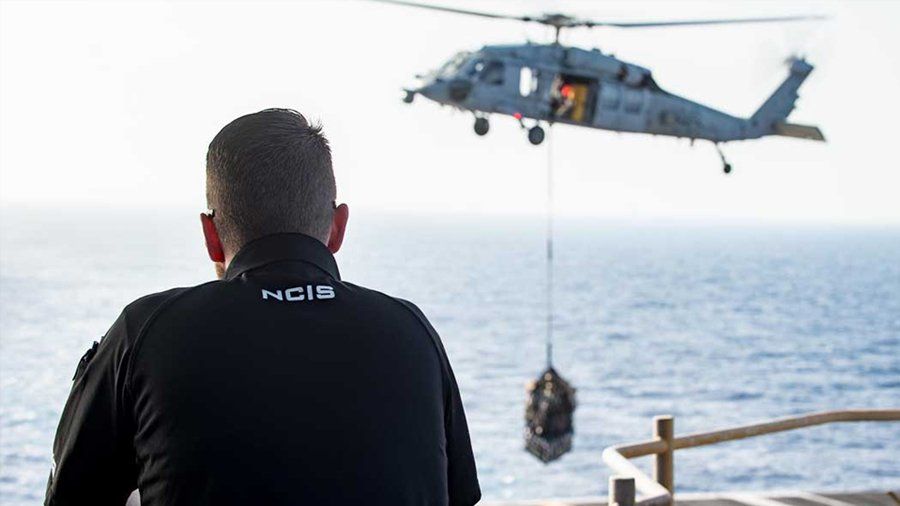
USS Cole Bombing
October 12, 2000
In response to the USS Cole attack, which killed 17 sailors, NCIS was first on-scene after the director immediately deployed six NCIS Special Agents and forensic specialists to Yemen, where they undertook the difficult task of collecting evidence at sea. It soon became clear that two Yemenis conducted a suicide mission by driving a small boat with explosives into the hull of the ship. NCIS would continue to work closely with the FBI and other law enforcement partners on the investigation for years. The lessons learned are well documented in the Congressional Record.
Learn more about case from National Law Enforcement Museum speaking event with the NCIS & FBI Case Agents.
NCIS Deployments
Like their military counterparts, NCIS
routinely deploy to combat zones in support of force protection & counterintelligence operations; as well as international fraud task forces. Created in 2005, the Contingency Response Field Office (CRFO) develops & maintains a cadre of personnel to rapidly deploy in support of authorized missions to include CONUS contingencies, OCONUS expeditionary & humanitarian support ops.
First On-Scene Again
Naval Investigative Service Special Agent Grant McIntosh stands in the rubble of what was a military barracks at the Beirut International Airport. A terrorist slammed a truck bomb into the side of the building in October of 1983, killing 220 Marines, eighteen Sailors and three Soldiers. McIntosh and a Marine CID agent were working elsewhere in Beirut at the time of the bombing and were the first American law enforcement on the scene.
NCIS Eddie
Gallagher Case
After being identified by his own SEAL Teammates as a reckless leader who routinely shot innocent civilians, including children, a subsequent Naval Criminal Investigative Service (NCIS) led investigation resulted in a Court Martial and national controversy. A new documentary on Apple+, The Line, now reveals full details for all to see and personally judge.
Office of Naval Intelligence (ONI)
Established in 1882, ONI is among the oldest members of the Intelligence Community. Its role kept evolving with the addition of counterintelligence, background & criminal investigation responsibilities. With the spin-off of NCIS, ONI became re-focused as primarily an intelligence entity; similar to Air Force Intelligence.
The NCISA History Project does a fantastic job of capturing this rich history.
ONI Website
ButtonStand With Honor Project
The Stand With Honor Project is a historical collection of law enforcement bios permanently archived in coordination with the National Law Enforcement Memorial & Museum. Learn more about these NCIS career experiences.
NCIS Pentagon
9/11 Efforts
In 2015, then NCIS SA Craig Covert conducted an interview with what appears to be an Italian blogger and detailed the NCIS recovery efforts at the Pentagon; following the 9/11 terrorist attacks.
NCIS SAs worked diligently along their federal counterparts & provided critical support to the Pentagon recovery efforts, identifying evidence, human remains and classified information.
NCIS Documentaries
Leonard Glenn Francis, president of Singapore contractor, pleaded guilty to trading bribes of cash, luxury hotel suites, prostitutes’ services, expensive cars and cigars and other gifts to Navy officials in exchange for lucrative ship contracts in the western Pacific, & often over-billed to his company to the tune of millions.
A man accused of repeatedly sexually assaulting a child on the Portsmouth Naval facility, was sentenced to 31 years in a NCIS lead investigation.
These types of sexual assault related cases are a normal caseload category for NCIS Special Agents assigned to general crimes units.
In an NCIS led investigation, a former Navy sailor was criminally charged with providing fentanyl-laced pills to a colleague that resulted in his overdose death aboard the USS Carl Vinson aircraft carrier.
Narcotics investigations are also a major investigative responsibility for NCIS.
NCIS Cold Case Unit
Established in 1995, the NCIS Cold Case Homicide Unit (CCHU) was the first dedicated federal-level cold case homicide unit. NCIS is the only Defense Department criminal investigation unit with agents dedicated primarily to unsolved violent crimes. The unit's investigation methodology and protocol was developed after extensive research and analysis, and has been recognized for its quality and excellence. As of 2020, the CCHU has solved 61 cases.
CCHU continues to work diligently on several
open unsolved homicide cases.
Counterintelligence
The counterintelligence mission is a vital but often misunderstood responsibility entrusted to Special Agents. It requires extensive manpower, awareness training, constant surveillance and is a tedious enterprise. The FBI and military agencies (i.e. OSI, DSS, NCIS, CGIS) are the leading organizations in this mission area.
In History Navy Espionage
After stealing more than a million pages of classified documents from the U.S. Navy over a period of 18 months, Jonathan POLLARD was arrested in Nov. 1985 for espionage. POLLARD had sold the intelligence trove to Israeli intelligence officers and later pled guilty. This is still among the worst cases of espionage by a supposedly "friendly" country. POLLARD was released on parole in 2015 and later returned to Israel, where he was welcomed as a national hero.
The NCIS led investigation was critical to discovering this treason and SA Ronald Olive wrote a fantastic book outlining their role.
